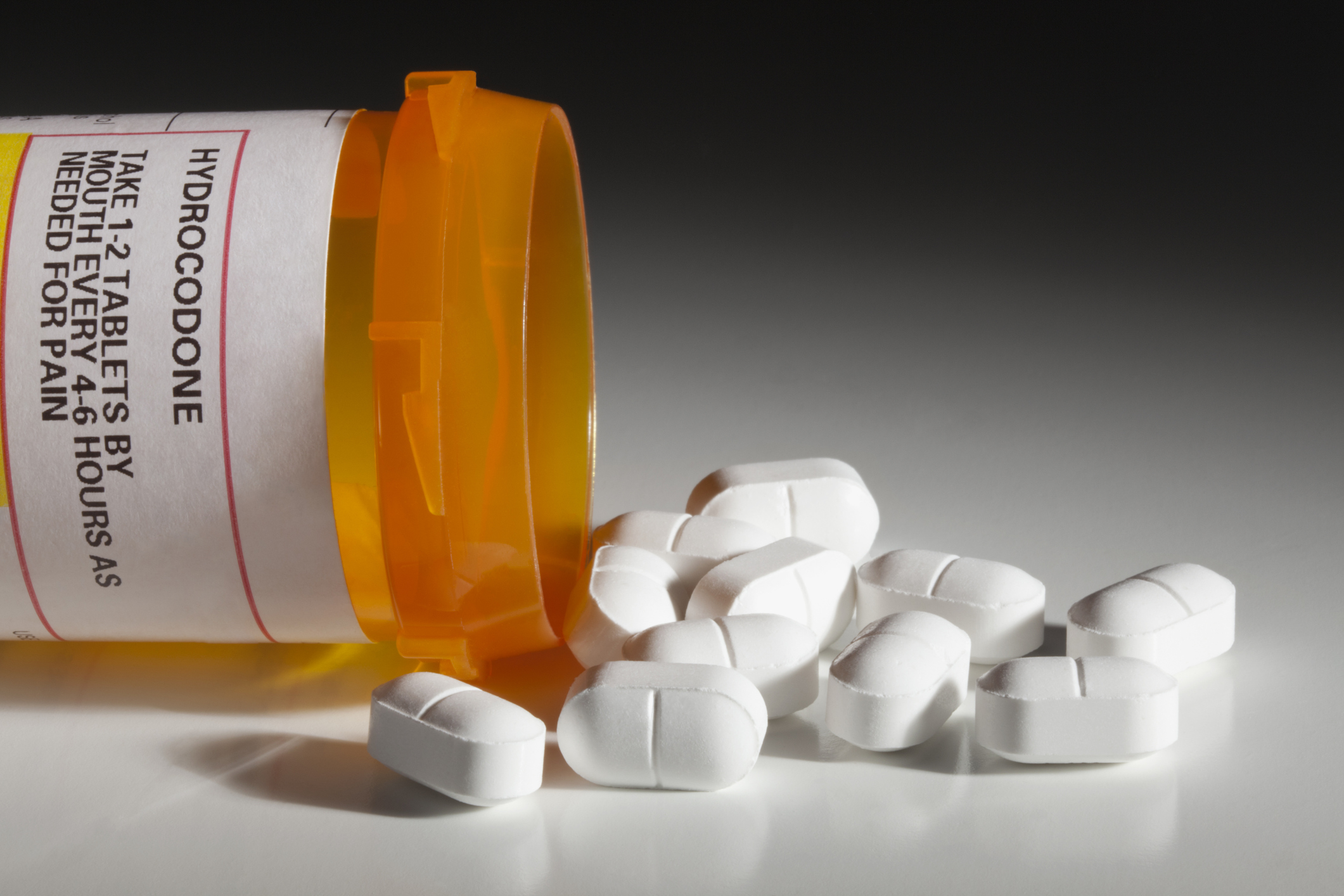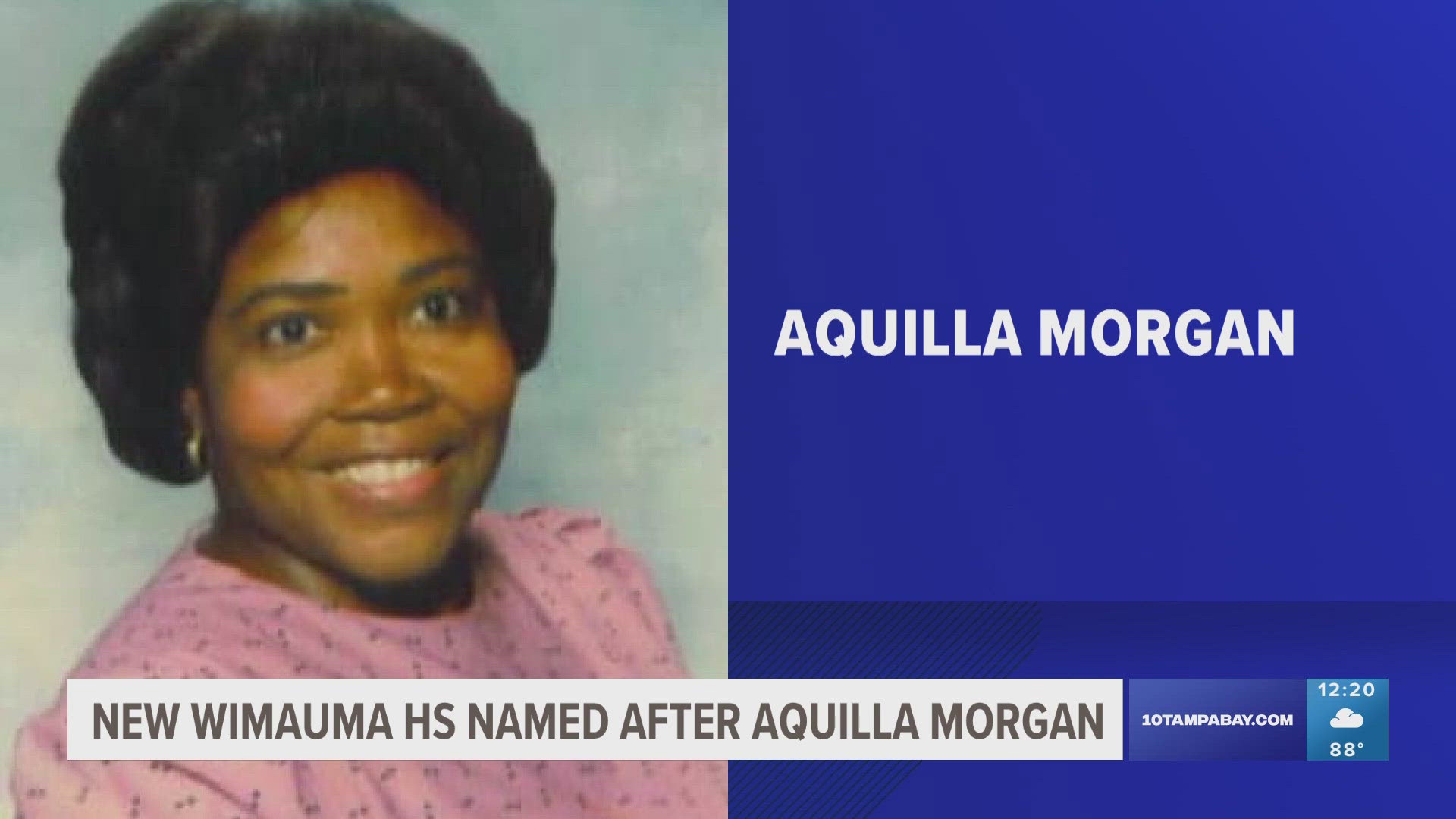TAMPA, Fla. – It's a scenario that unfortunately plays out far too often: An individual overdoses on drugs while others nearby choose not to contact authorities out of fear of arrest.
Most overdoses are witnessed, according to the World Health Organization, but it's estimated half are unreported,
For that reason, State Sen. Jeff Brandes (R-St. Petersburg) is leading an effort to expand Florida's existing 911 'Good Samaritan' laws to encourage more people to report overdoses.
Current state law, enacted in 2012, only protects individuals from being charged with drug possession if they call 911 to report an overdose.
Brandes' bill expands the type of offenses individuals would be exempt from arrest and prosecution if they seek medical help:
- Extend immunity to arrests.
- Include alcohol overdoses.
- Extend immunity to those seeking help for an individual "believed to be experiencing" an overdose.
- Extends immunity to an individual who has a "good faith belief" he or she is experiencing an overdose.
- Provides immunity for possession of alcohol for individuals under the age of 21, any controlled substance or drug paraphernalia.
- Provides immunity from a first degree murder charge for unlawful distribution of a controlled substance.
- Protects from punishment for individuals seeking help who are in violation of pretrial release, probation or parole.
“We should do everything we can to prevent unnecessary death and to ensure people do the right thing,” Brandes said in a statement. “There should be no hesitation to call emergency services; no one should face prosecution for being a good Samaritan.”
A mother's pain
For Cindy Grant, it's a situation that hits close to home.
Her son, Danny, overdosed on Oxycotin in 1997.
He was with friends, but nobody immediately called for help.
She believes he would've survived if someone did.
"I do, I truly believe that," she said. "I think it was the fear of being in trouble with the law that prevented them from calling for help.”
Following her son's death, Grant made it her mission to fight what would become a nationwide epidemic. She now works with the Hillsborough County Anti-Drug Alliance to educate others.
"Today he could have a family, a good job, I might’ve gone to his wedding," Grant said. "But we didn’t have that chance because nobody called.”
Critics question whether such a law encourages drug use, but Grant disagrees.
"I don't believe it because we need to use anything we can to save a life," she said.
Good Samaritan laws
More than 40 states and the District of Columbia have passed Good Samaritan laws providing some level of immunity to those who report drug overdoses, according to the National Conference of State Legislatures (NCSL).
The scope of which offenses or violations are covered by immunity varies by state.
In Florida, 3,922 deaths were caused by opioids in 2016, according to the Florida Department of Law Enforcement.
It's estimated at least 10 Floridians die each day from an opioid overdose, according to the FDLE.
Brandes' bill has advanced out of the Senate Criminal Justice Committee.
►Make it easy to keep up-to-date with more stories like this. Download the 10 News app now.
Have a news tip? Email desk@wtsp.com, or visit our Facebook page or Twitter feed.


